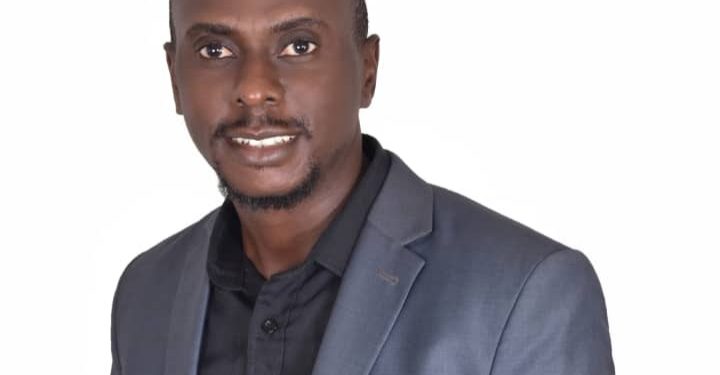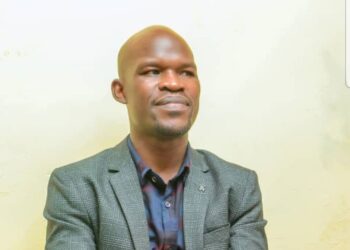July 19, 2021 – aka “Freedom Day” – saw the remaining coronavirus restrictions eased across the UK. Here in Uganda, the First lady who doubles as the Minister of Education released Primary Leaving Exam results but did not tell us when the “new” Senior One students will start their secondary school journey.
This is the only country where they have two sets of S1 students. Others started at the beginning of the year even before Senior One results were released, while the second set waited for results to be released. The other day my daughter was asking me about the other batch of Senior one students who began in March 2021. Clearly, I did not have answers to her questions so I reminded her of the food she was cooking.
Unlike my daughter who helps around the home by cooking some family meals and washing dishes during lockdown, many other children are caught up in much more taxing work. The unprecedented economic impact of the lockdown coupled with school closures and inadequate or nonexistent government assistance is pushing children into exploitative and dangerous child labor.
This makes the rise in child labor an inevitable consequence of the pandemic.
A 69-page report, “‘I Must Work to Eat’: Covid-19, Poverty, and Child labor in Ghana, Nepal, and Uganda” examines the rise in child labor and poverty during the Covid-19 pandemic, and the pandemic’s impact on children’s rights. In the report, children described working long, grueling hours for little pay after their parents lost jobs or income due to the Covid-19 pandemic and associated lockdowns.
Many described hazardous working conditions, and some reported violence, harassment, and pay theft.
The vast majority of children interviewed for the report said that the pandemic and associated lockdowns had a negative effect on their families. Many entered the workforce for the first time to support their families. Some said they decided to work because their families did not have enough food. Children are working as house cleaners, shamba-boys, in stone quarries, others are mining sand because families are starving.
Some of the work that children are doing is clearly hazardous. At stone quarries, children reported injuries from flying stones, including sharp particles that got into their eyes. Children showed researchers cuts from the “slashers” they used to clear fields or the sharp edges of sugarcane stalks. Others described carrying heavy loads.
Many said they worked long hours.
In Uganda, nearly half of the children interviewed worked at least 10 hours a day, some 7 days a week. Several children said they worked as much as 16 hours a day!
There’s a particularly hurting story I came across after schools closed in June 2021, due to Covid-19 when district borders were closed. A boy had traveled from Manafwa district in Eastern Uganda on foot to earn a living at a maize mill in downtown Kampala! Most of these children earn less than 4,000 shillings per day (US$1.1) and sometimes, the employers refuse to pay them or pay less than was promised. Imagine a 12-year-old girl who typically earns only 5,000 shillings (US$1.39) a week crushing stones at a quarry said that her employer often paid her even less if he wasn’t satisfied with the size of the stones.
Some children said their earnings did not always provide enough money for food. This is gross abuse of children rights and the world shouldn’t be quiet when injustices like these are taking place.
The most painful thing about this whole lockdown is that the government has not prioritized cash allowances to protect children’s rights and enable families to maintain an adequate standard of living without resorting to child labor. Last month, members of the Ugandan parliament gave themselves money for cars worth 200 million each yet the cash assistance promised to Ugandans has never reached their mobile phones. The money that the MPs gave themselves should have been cash allowances to families with children.
This would have contributed to a significant decrease in child labor. Now that the money is already “eaten”, let the Ugandan government release all the promised cash assistance to families to prevent further increase in poverty and child labor. Mr. President, this is not a request but a demand. Children must be protected from hard/child labor.
Reagan Van Keagan Mugabi
reaganv66@gmail.com
Human Rights Activist
Do you have a story in your community or an opinion to share with us: Email us at editorial@watchdoguganda.com












